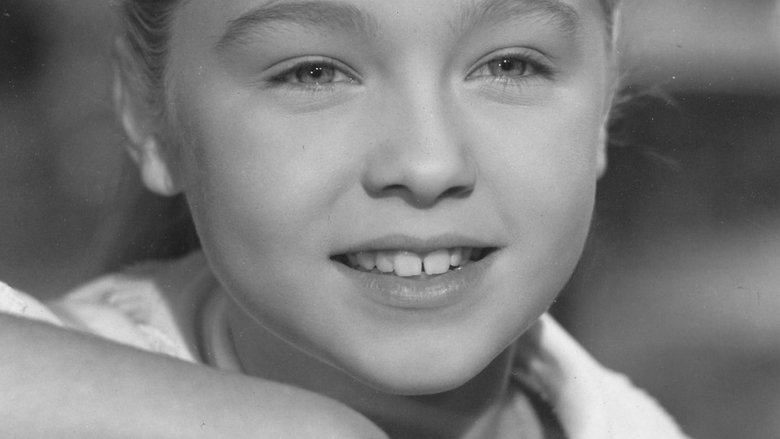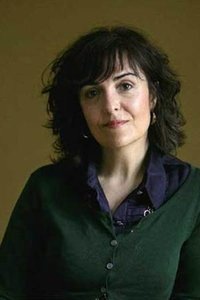Marisol: llámame Pepa
Genres
DocumentaryHistory
OverView
A portrait of the actress and singer Pepa Flores, an incarnation of the recent history of Spain, who, in just twenty-five years of intense career, went from being Marisol, child prodigy of the Franco dictatorship, to being one of the first communist militants, icon of the Transition; an idol of the masses who became a discreet person after having claimed her right to remain silent.
Others
Budget
$--
Revenue
$--
Status
Released
Original Language
Spanish
Runtime
85 mins
Rating
6.5/10
Release Date
10 May 2024
Country
Spain










